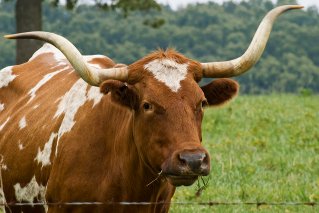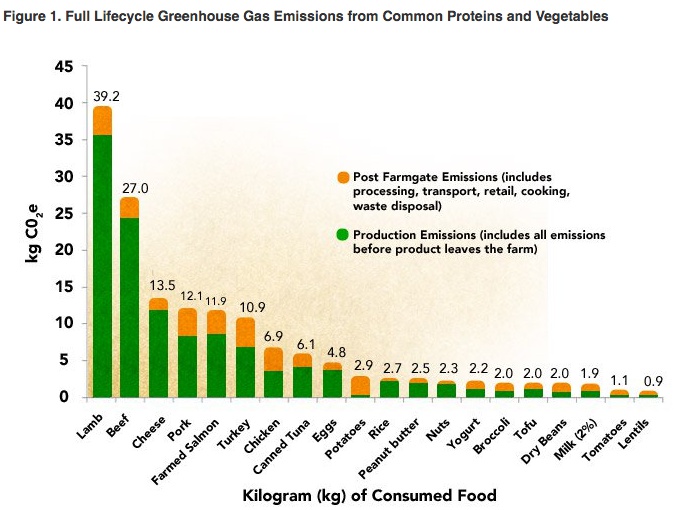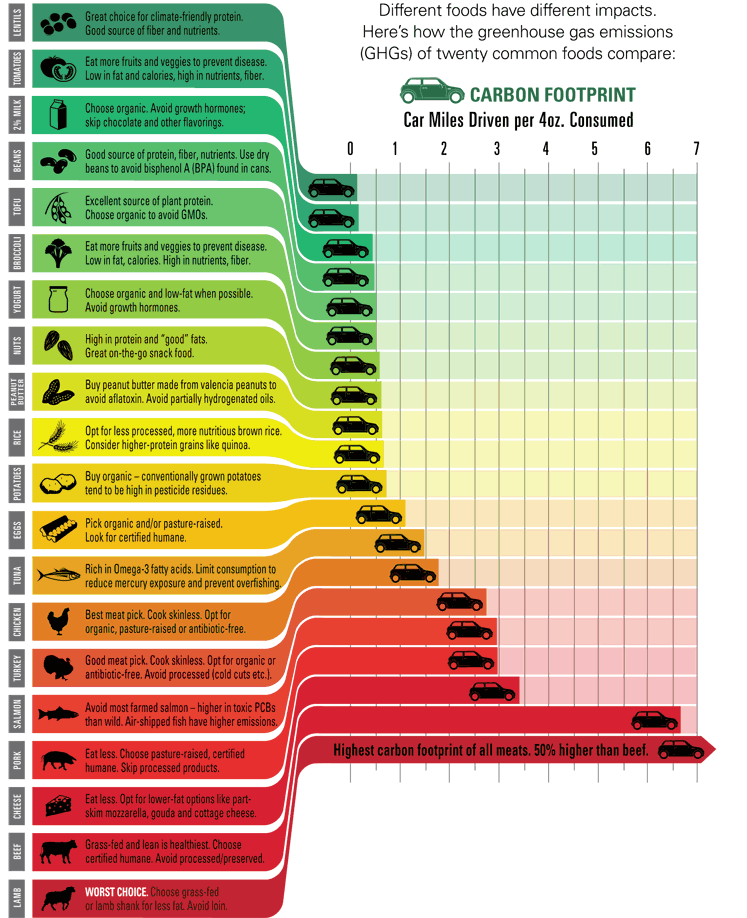 Well, maybe Texas doesn’t have the proverbial “elephant in the room,” but we certainly have the Texas Longhorn. Texans are proud of their beef and the cattle industry they built on the heritage of longhorns and cattle drives. Texas’ love of beef is possibly rivaled only by its love of barbecue. Countless social events each year are centered around this culinary specialty.
Well, maybe Texas doesn’t have the proverbial “elephant in the room,” but we certainly have the Texas Longhorn. Texans are proud of their beef and the cattle industry they built on the heritage of longhorns and cattle drives. Texas’ love of beef is possibly rivaled only by its love of barbecue. Countless social events each year are centered around this culinary specialty.
The Texas way of life presents a dilemma for Texans who care about climate action. Livestock production produces significantly more greenhouse gas emissions than crop systems, and the beef industry produces significantly more greenhouse gas emissions than other types of protein production. How do we as both Texans and people of faith reconcile these facts?

Part of the Walk on Earth Gently invitation to sustainable living is adopting a plant-based diet. There are several variations of the plant-based diet, and it can include some animal products (e.g., milk, eggs) and occasional meats. The defining characteristic is planning meals based on plants, and then judiciously adding animal products. It’s the opposite of the typical U.S. meal, which is designed around the meat. According to a study published by the National Institutes of Health, the extent to which a sustainable diet reduces greenhouse gas emissions and reduces water usage is proportional to the extent animal protein is limited in the diet. Shifting one day a week to a plant-based diet is more effective in reducing greenhouse gas emissions than buying all locally produced food for a year and is equivalent of saving 1,160 miles of driving. Pray, reflect, and meditate on what a plant-based diet might mean for you.

Graphic Source: Meat Eater's Guide to Climate Change + Health

